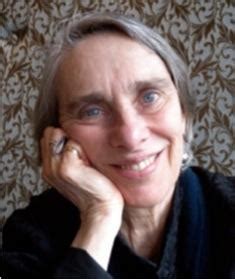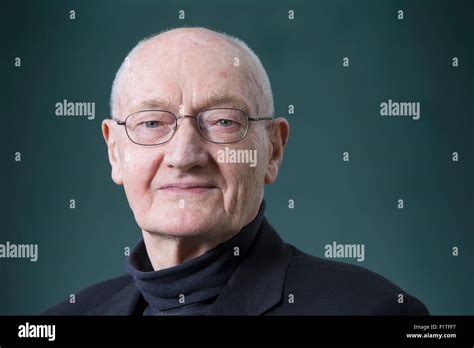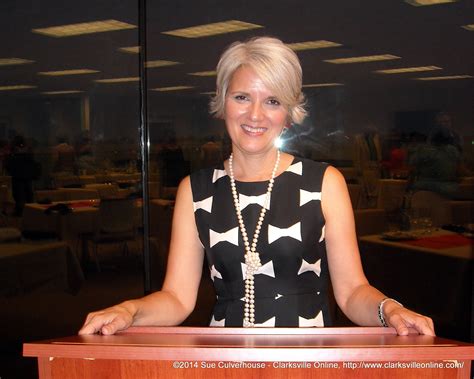A Quote by Joan Larkin
Whether the poet is living or dead, they're part of our imaginative community.
Related Quotes
That's a fairly Wordsworthian way to look at things! But yeah, actually - part of the poet's work, I think, is to maintain or reintroduce the imaginative capacity of their earlier self while nonetheless maturing. And I do think the more successful the poet is at this particular thing, the greater their achievement as a poet.
The fact is that no species has ever had such wholesale control over everything on earth, living or dead, as we now have. That lays upon us, whether we like it or not, an awesome responsibility. In our hands now lies not only our own future, but that of all other living creatures with whom we share the earth.
Loneliness is necessary for pure poetry. When someone intrudes into the poet's life (and any sudden personal contact, whether in the bed or in the heart, is an intrusion) the poet loses his or her balance for a moment, slips into being what he or she is, uses his or her poetry as one would use money or sympathy. The person who writes the poetry emerges, tentatively, like a hermit crab from a conch shell. The poet, for that instant, ceases to be a dead person.
My mother actually left American in 1929 to be part of an alternative community of bohemians around her then father-in-law who was a well-known Greek poet. This group of people were living in this semi-Luddite reality and weaving their own clothes - proto-hippies in a way- -but around an artistic vision.
In reality, there is a single integral community of the Earth that includes all its component members whether human or other than human. In this community every being has its own role to fulfill, its own dignity, its own inner spontaneity. Every being has its own voice. Every being declares itself to the entire universe. Every being enters into communion with other beings.
In every phase of our imaginative, aesthetic, and emotional lives we are profoundly dependent on this larger context of the surrounding world.





































